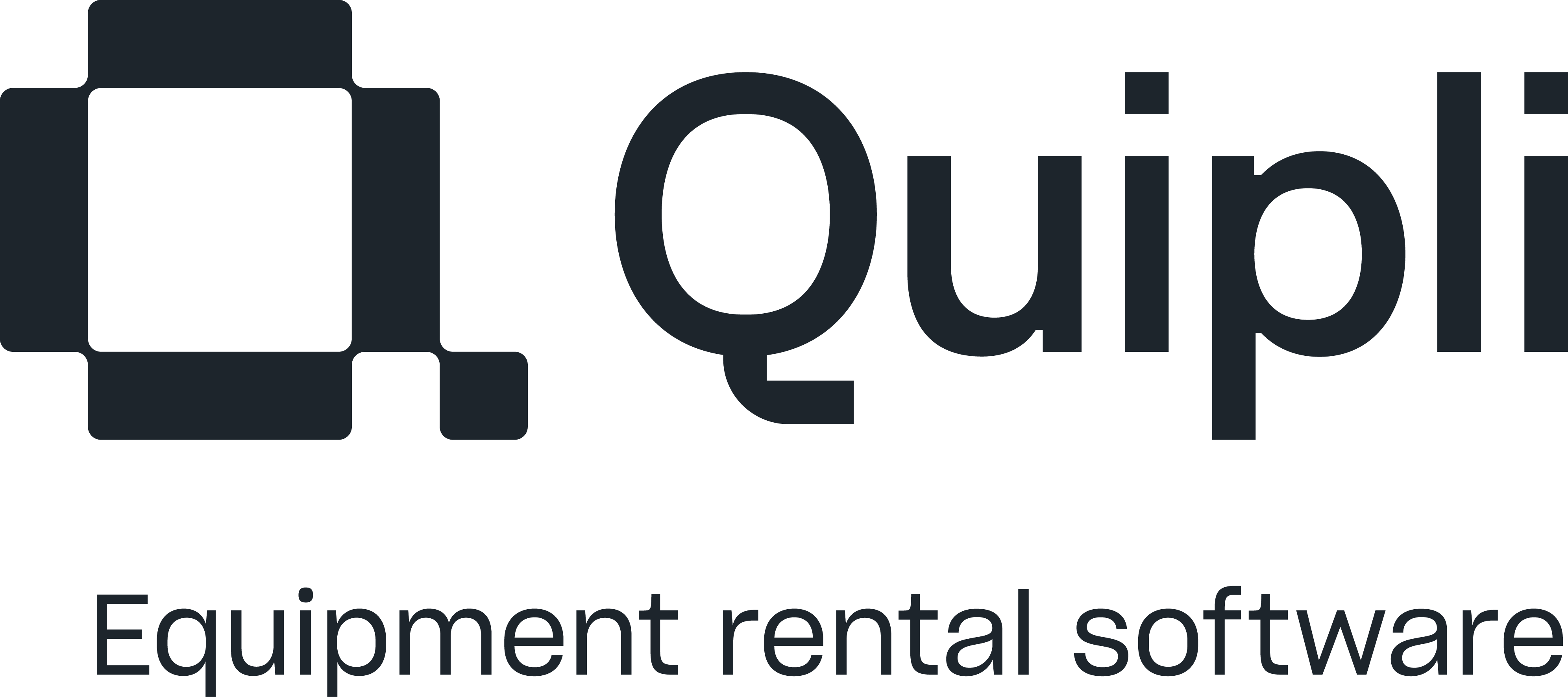Supply chain management controls the ebb and flow of raw materials into the end product for a consumer. The whole goal of SCM is to process the delivery of a product to a customer from its raw form. Within its key tenants, supply, product, and demand planning are key to making sure sales and operations bolster supply management.
How Does Retail Supply Chain Management Work?
SCM works by focusing on the flow of goods and services from the suppliers of the goods to the execution to market and the customer adoption process. Within that process there are 4 main players:
- Manufacturers
- Distributors and wholesalers
- Retailers
- Customers
The backbone or backbreaking aspect of many companies, and manufacturers produce products. After that, distributors or wholesalers catalog the products until the retailer needs them, generally using logistics to understand demand and work up the line to reduce logistic costs or backlog.
Retailers are responsible for being the customer-facing outpost of this operation to the end customer after the purchase. Due to a heavy emphasis on eCommerce, the supply chain might involve shipping products directly from the distributor or wholesaler, but because of demand, certain retailers might deliver the product directly to the customer instead.
Depending on the sales volume and the number of retail locations that a company has, it might be more cost-efficient for the retailer to handle products directly and remove the wholesaler or the distributor from the equation entirely. It’s normal for the supply chain to look differently from one business to the next.
What Is the Purpose of Retail Supply Chain Management?
The purpose of supply chain management in retail is to ensure that a product is available for purchase when it should be and not sitting on a shelf, whether in retail or warehouse when it shouldn’t be. This helps manage the cost of maintaining your business and makes it possible for customers to get your products when and where they need them.
Why Is Retail Supply Chain Management Important?
Customer expectations continue to increase as delivery options expand. As timeframes get shorter and options for products and product alternatives become faster and more widespread, keeping on top of your supply chain is paramount.
As an example, when you used to order a product online, it used to mean you had to select home delivery. In the age of Amazon and beyond, you can have a package sent to your dwelling to be picked up by yourself when you get back, sent to the place you currently are, or even send it to a friend to hold for you while you’re away. If none of these things work for you, there are plenty of pickup in-store options and even options to retrieve from a locker.
Retail supply chain management is important because it’s a major factor in how competitive your business will be with online retailers. If the customer doesn’t have the options that make their life easier, they might go to a competitor to work with a company that can better meet their needs.
When looking at supply chain management, the cost is a major factor for both you and your customers. If shipping costs extra, many customers will abandon their cart or walk out of your retail location without buying anything. You should always consider building shipping costs into your product prices to minimize the chances of this happening. Even small retailers can find ways to improve their delivery options through supply chain resources.
What Is the Role of a Retailer in Supply Chain?
As a retailer, if they’re not selling you’re products are sitting. Even in the digital age, a retailer is you’re a physical champion, allowing for the tactile sale of a product or service directly to the customer. Retailers are the connection between manufacturers and consumers.
As an example, a grocery store is a retailer, they connect many manufacturers to customers by stocking everything from back-to-school supplies once per year to produce and grocery items every week.
The retailer is an essential part of the supply chain as they play an essential role in marketing products and providing a point-of-sale for the customer. While some manufacturers sell directly to consumers, others find that working with a retailer makes it simpler to get products to their customers.
Many retailers are also the face of customer service for a product. Even though the manufacturer might supply warranties for defects, the retailer handles returns.
How Does Automation Affect Retail Supply Chain?
Automation in the retail supply chain helps improve the efficiency and accuracy of fulfilling customer orders. Automation helps retailers save time so that they can focus more on the other areas of operations while the supply chain runs itself.
With so many parties involved in the retail supply chain, one small error can mean catastrophic impacts on the availability and deliverability of certain products to the customer. With automation, you’ll always know that you’re producing, packing, and delivering the right products to the right customer every time., at the right rate
The implementation of technology can further automate the process of reordering inventory, which will keep store shelves stocked and prevent products from selling out. This not only reduces your costs but will also inform your inventory orders and supply chain fulfillment on actual sales volumes, too. This will help you avoid backorders and cash flow issues.
Example of Retail Supply Chain Management
Supply chain management in retail often involves many steps. Let’s take a look at the parties that are typically involved in the supply chain process.
- Designing: A team of professionals creates the concept for a new product.
- Strategic Sourcing: The company sources the raw materials required to create the product. Strategic sourcing refers to the process of considering multiple vendors before deciding on a place to source the materials from with the goal of avoiding disruptions and delays.
- Manufacturer: A manufacturer takes the product concept and starts producing it at scale.
- Packaging: The finished product goes to a packaging facility where it is labeled, boxed, and prepared for distribution.
- Transportation: The product is transported either directly to the retail location or to a wholesaler.
- Wholesaler or Distributor: The consumer-facing seller stores the product until the customer purchases the product in-store or places an order online.
- Order Fulfillment: The wholesaler or distributor either ships or delivers the product to the consumer.
Retail Supply Chain Management Best Practices
With so many parties involved, it’s no surprise that one small disruption can have a huge impact on whether an order can be fulfilled or not. To make sure you breeze past the hiccups that can happen, here are some best practices for supply chain management!
Create a Plan
An effective supply chain management process starts with good planning. Since the supply chain process involves so many aspects and parties of your retail business, creating a team of leaders who can oversee the supply chain for each department is a perfect first step.
Having regularly scheduled meetings on the books to discuss the effectiveness of your supply chain management to avoid repeating errors is a perfect logistic failsafe. Aside from knowing your process, truly processing feedback from customers can make sure you’re looking at the big picture so that you can stay on top of major changes. This will make it possible for you to stay innovative, which will not only attract new customers but also retain existing customers.
Appropriate Staffing
There is nothing worse than working with a company whose employees are overworked. When working to put together staff members who will be in charge of managing the supply chain, look for individuals who are skilled in the art of strategy, and workers who can execute that strategy. Executing the transactions involved in the supply chain is fairly simple, but creating the process that makes sure nothing goes wrong is far more complicated. Transactional abilities are something you can teach, strategic things could be hit or miss.
If your staff-related resources are stressful or strained, it can disrupt your supply chain and impact its overall efficiency. Ensure that you have the appropriate staff members filling the right positions. You’ll need staff to analyze data, build professional relationships, and fulfill the needs of customers.
Set Specific Leadership Roles
With so many departments involved in the supply chain management process, you need to outline specific leadership roles, otherwise, you could end up with too many cooks in the kitchen situation. Explain to your team who does what, and solidify a chain of command. This will help your leaders collaborate effectively to improve your supply chain practices further.
Implement Technology
Because of the ever-growing world of logistics, there is always something new to truncate your processes. Look for ways you can fill gaps or inefficiencies in your supply chain with the help of better technology. Don’t try to fit your operations based on the software you buy, instead, focus on processes you use first and then implement technology that can fill in the gaps of your needs.
Technology can be very helpful when it comes to managing inventory and understanding the buying behaviors of your customers. Though software can help you recognize product seasonality or surges in demand, having a human on hand to triple-check buying behaviors is always helpful due to the nature of social buying trends which can skew outcomes. This will in turn will make it easier for you to adapt and source products appropriately.]
Strategic Sourcing Collaboration
Before you select new products to place on your store’s shelves, collaborate with your sourcing partners to learn what is selling well in other stores. Different retailers will benefit from different products, so look into what your competitors are selling.
If your operations span a large geographic area, lean heavily on local contacts. They will have a better understanding of the nuances of their marketplace as well as their audiences. This will help you when you’re considering what to stock in each area.
The more you collaborate with other parties that know and understand your customers, the better your sales will be and the more accurate your inventory will become.
Advantages of Retail Supply Chain Management
Managing the retail supply chain is no small task, but when done well, it comes with several exceptional benefits.
- Cost reduction
- Inventory optimization
- Risk minimization
- Multi-channel distribution
- Competitive advantage
- Improved customer satisfaction
- Low Overstock
- Company synergy
Disadvantages of Retail Supply Chain Management
The disadvantages of retail supply chain management mainly have to do with ensuring that you have the right people on your team.
- Requires extreme coordination across departments, which can be disrupted if a person leaves the company
- Adds a layer of complication to all business operations
- Mandates special skills and in-depth training for new staff members
- Easily affected by trend-based buying if not monitored correctly.
Retail Supply Chain Management vs Logistics
Logistics is a significant part of supply chain management. It focuses on moving and storing goods, though it is not as comprehensive as supply chain management. Supply chain management is the step before logistics simply because supply chain management also includes sourcing raw materials, manufacturing processes, and the selling of products.
While logistics are an essential element of supply chain management, companies that only focus on the logistics portion will likely face a higher cost of doing business and fall victim to disruptions far more often.
Competing in the Crowded Retail Space
Just as you should make sure that your logistics are sound for whatever may come, in today’s world knowing how to deal with sourcing issues has become a hot topic even among the general consumer, so shouldn’t you also know what to do?
Sign up for a FreightWaves e-newsletter to stay informed of all news and trends impacting supply chain careers and operations.


